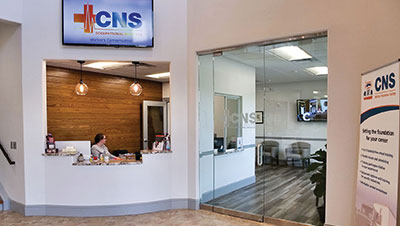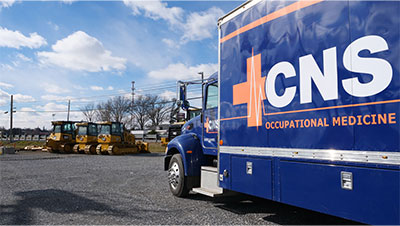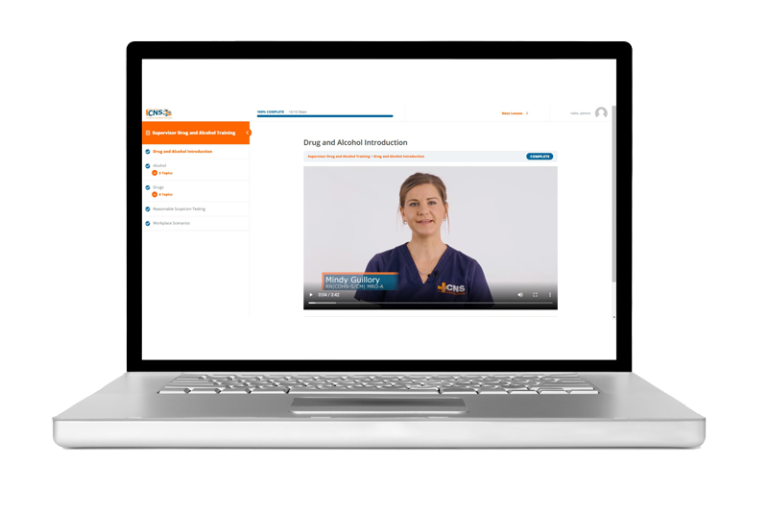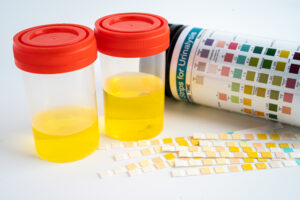THCa can be sold as a non-psychoactive cannabinoid, but that changes once it’s burned. Some states allow it under hemp, because it is technically not THC, and other states don’t allow it outside of a legal dispensary.
In 2018, the definition of marijuana under the Controlled Substances Act removed “hemp” from the definition. If a hemp-derived product (such as CBD) has less than 0.3 percent tetrahydrocannabinol (THC), it is not a controlled substance.
The idea was that hemp was non-psychoactive and was given more room for research, production, and consumption.
However, after that law, the market found new ways to make hemp mimic marijuana.
The first of these was Delta-8 which has psychoactive effects that exist only in very small quantities in hemp, but concentrated Delta-8 is often placed in gummies or sprayed on hemp flowers.
The FDA has not evaluated Delta-8 nor approved it for safe use and has sent warning letters to companies not to market it as a medical product. Consumers of Delta-8 can also receive positive drug tests.
Then last year, another hemp product hit the market – THCa. It can be sold as non-psychoactive, but that changes once it’s burned.
[Related: The Complicated Dilemma Of Truckers and CBD Products]
What is THCa?
THCa is short for tetrahydrocannabinol acid, a non-psychoactive cannabinoid. This is found in both raw cannabis and hemp plants and as the acidic form of THC, it won’t produce a high.
Marijuana buds have a high concentration of THCa and relatively low in THC. This gives it a legal gray area.
The issue with THCa is that the compound can convert into THC with heat exposure via smoking, cooking, dabbing, or vaping weed.
So, buying a joint in Colorado is basically the same thing as buying a THCa joint in marijuana-restrictive states like Texas, Tennessee, Wisconsin, Alabama and Nebraska.
Some states allow it under hemp, because it is technically not THC, and other states don’t allow it outside of a legal dispensary. But some states caught on, like Louisiana, where they already banned smokable hemp.
Many consumers may not be aware of this and think they are safe smoking THCa, only to find out that their employer drug test comes back positive. But why?
How drug tests look for non-psychoactive THC in marijuana and hemp products
Most drug tests primarily target THC and its metabolites, not THCa specifically.
Consuming THCa products in their raw form, that has not been exposed to heat, remains non-psychoactive and will not produce the feeling of being high.
However, once you heat the THCa cannabinoid by smoking, vaping, or cooking, the compound is transformed into THC, which will lead to a positive drug test.
Even if your THCa product came from a legal hemp source, your body will break down the THC into THC metabolites and trigger a positive THC drug test.
[Related: California Employers Can ONLY Drug Test Employees for Marijuana For Recent Use]
If you are federally regulated, like a truck driver, you cannot risk consuming any marijuana-related product or risk losing your career.
Other employees may have more state protections, but you should be aware of what the company drug testing policies state, or you may have negative consequences.
How long is THC metabolite detected in a drug testing?
Urine drug test
Urine drug testing is the most common drug testing method. It can typically detect cannabis use up to 30 days after it was last used.
A 2017 review found that cannabis may be detectable in urine for the following amounts of time:
- Single use: 3 days
- Moderate use (four times per week): 5 to 7 days
- Chronic use (daily): 10 to 15 days
- Chronic heavy use (multiple times per day): more than 30 days
Oral drug test
Oral testing is like blood testing because it tests for the “parent compound” of a drug, a better measure of recent drug use, while urine testing detects the smaller metabolites that take time to pass through our bodies.
An oral drug test can detect THC in saliva up to 72 hours after use.
Hair drug test
Hair follicle drug tests can detect THC up to 90 days after it has been used. These tests work because cannabinoids reach and are stored in the hair follicles via blood vessels after you use cannabis.
CNS Occupational Medicine can help with customized policy development
Drug testing policies can be complicated and should consider:
- Purpose of the Policy
- Specimen Types
- Testing Procedures
- Prescription Drug Disclosure
- Federal Regulations (DOT)
- State Drug Testing Laws and Marijuana Laws
- Workers’ Compensation
- ADA
- Prohibited Conduct
- Consequences
Our Occupational Medicine Team can also develop a custom workplace safety plan for your company. You may need a combination of services like physicals, audiograms, and drug testing, and you may also need these services performed on-site.
For more information, contact us at 800.551.9816 or info@cnsoccmed.com.










